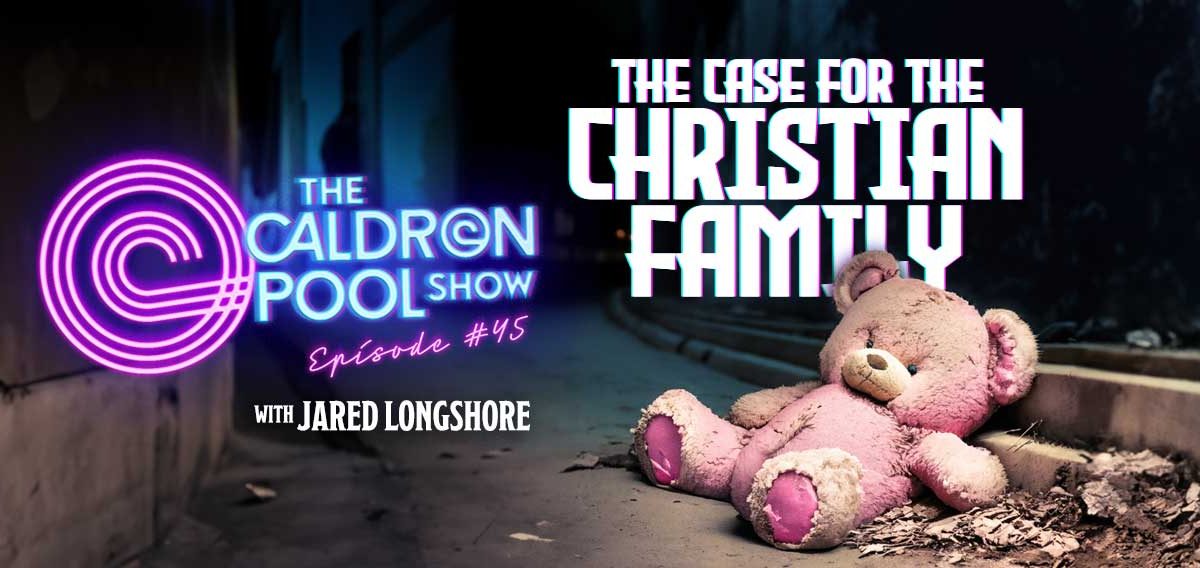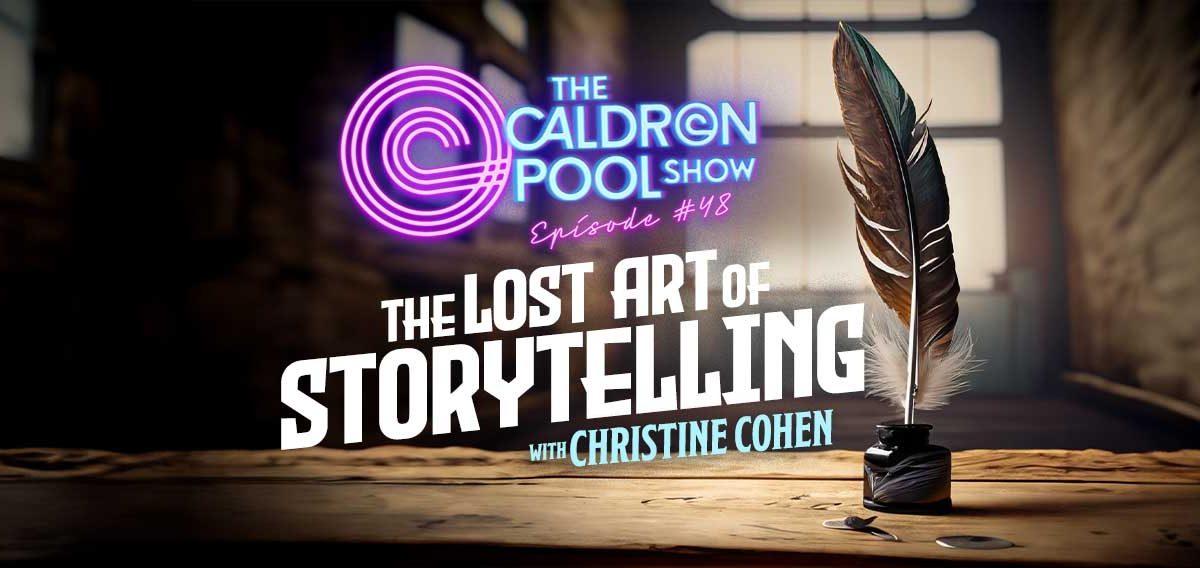The New York Presbyterian pastor and popular author Tim Keller has passed away, aged just 72. He had been struggling with Stage 4 pancreatic cancer for a year and a half. (As a personal aside, it was around the very same time he learned of his cancer that we learned my wife had Stage 4 breast cancer). He is survived by his wife and three sons.
A very brief biography of the man goes like this: he was born in 1950 in Pennsylvania and raised Lutheran. He got his BA from Bucknell University in Pennsylvania in 1972. He became a Christian there through the ministry of InterVarsity Christian Fellowship.
He earned his Master of Divinity from Gordon-Conwell Theological Seminary in Massachusetts in 1975 (which is where I got my MA in theology), and his PhD from Westminster Theological Seminary in 1981. He then went straight into church work.
He pastored for nine years in Virginia, and then took on the daunting task of reaching out to urban intellectuals in the spiritually dark Manhattan, establishing Redeemer Presbyterian Church in 1989. It was quite successful, drawing many young people who wanted a passionate yet intellectual-satisfying gospel. Although it started with just 50 people, by 2008 it had over 5,000 in weekly attendance.
One feature of his services that I quite liked was to finish with an ‘ask me anything’ time where people could ask any sort of question, and he would seek to answer them. Thus he became a capable, hands-on apologist. Indeed, it is his books that are more apologetic in nature that I especially want to highlight here.
He wrote over 30 books, but I only have seven of them:
- Counterfeit Gods (2009)
- The Freedom of Self-Forgetfulness (2012)
- Making Sense of God (2016)
- The Meaning of Marriage (2011)
- The Prodigal Prophet (2018)
- The Reason for God (2008)
- Walking With God Through Pain and Suffering (2013)
Let me offer some quotes from his various writings. (One of his books on apologetics I reviewed here: https://billmuehlenberg.com/2008/03/26/a-review-of-the-reason-for-god-by-timothy-keller/ )
On the issue of atheism, scepticism and reasons for belief, he said:
“Believers should acknowledge and wrestle with doubts… It is no longer sufficient to hold beliefs just because you inherited them.”
“Reason can get you to probability, but only commitment can get you to certainty.”
“If Jesus rose from the dead, then you have to accept all that he said; if he didn’t rise from the dead, then why worry about any of what he said? The issue on which everything hangs is not whether or not you like his teaching but whether or not he rose from the dead.”
“If the evolutionary mechanism of natural selection depends on death, destruction, and violence of the strong against the weak, then these things are perfectly natural. On what basis, then, does the atheist judge the natural world to be horribly wrong, unfair, and unjust?”
“The gospel of Jesus Christ is an offense to both religion and irreligion. It can’t be co-opted by either moralism or relativism.”
“If there is no God, then there is no way to say any one action is ‘moral’ and another ‘immoral’ but only ‘I like this.’ If that is the case, who gets the right to put their subjective, arbitrary moral feelings into law?”
“Pastors must practice a two-fold program of cultural engagement: deconstruction and demystification of cultural idols, and reconstruction and re-enchantment of a gospel-shaped worldview.”
“Faith doesn’t mean hoping in what isn’t true; it means certainty about what you can’t see. And so compelling evidence, evidence that engages rationality is one of the greatest boosts to Christianity”
On the importance of theology and the gospel basics, he wrote:
“The gospel of justifying faith means that while Christians are, in themselves still sinful and sinning, yet in Christ, in God’s sight, they are accepted and righteous. So we can say that we are more wicked than we ever dared believe, but more loved and accepted in Christ than we ever dared hope — at the very same time. This creates a radical new dynamic for personal growth. It means that the more you see your own flaws and sins, the more precious, electrifying, and amazing God’s grace appears to you. But on the other hand, the more aware you are of God’s grace and acceptance in Christ, the more able you are to drop your denials and self-defenses and admit the true dimensions and character of your sin.”
“Ironically, the insistence that doctrines do not matter is really a doctrine itself.”
“True courage, born of the gospel, neither relishes conflict nor avoids it.”
“It is not the strength of your faith but the object of your faith that actually saves you. Strong faith in a weak branch is fatally inferior to weak faith in a strong branch.”
“Love without truth is sentimentality; it supports and affirms us but keeps us in denial about our flaws. Truth without love is harshness; it gives us information but in such a way that we cannot really hear it. God’s saving love in Christ, however, is marked by both radical truthfulness about who we are and yet also radical, unconditional commitment to us. The merciful commitment strengthens us to see the truth about ourselves and repent. The conviction and repentance moves us to cling to and rest in God’s mercy and grace.”
“To understand the Scripture is not simply to get information about God. If attended to with trust and faith, the Bible is the way to actually hear God speaking and also to meet God himself.”
As to the Christian life and discipleship:
“What is an idol? It is anything more important to you than God, and anything that absorbs your heart and imagination more than God, anything you seek to give you what only God can give . . . An idol is whatever you look at and say in your heart of hearts: ‘If I have that, then I’ll feel my life has meaning, then I’ll know I have value, then I’ll feel significant and secure.’ There are many ways to describe that kind of relationship to something, but perhaps the best one is worship.”
“If your god never disagrees with you, you might just be worshiping an idealized version of yourself.”
“Fear-based repentance makes us hate ourselves. Joy-based repentance makes us hate the sin.”
“The church is a hospital for sinners, not a museum for saints.”
“Only if your God can say things that upset you will you know you have a real God and not just a creation of your imagination.”
“To be loved by God, to be known by God, is the ultimate treasure. And if you make it your ultimate treasure, then no ‘thief can break in and steal’ it (Matt 6:19).”
“Repentance without rejoicing will lead to despair. Rejoicing without repentance is shallow and will only provide passing inspiration instead of deep change.”
“Prayer turns theology into experience.”
“The power of the gospel comes in two movements. It first says, ‘I am more sinful and flawed than I ever dared believe,’ but then quickly follows with, ‘I am more accepted and loved than I ever dared hope’.”
And on the matter of suffering and evil, he said this:
“Suffering can refine us rather than destroy us because God himself walks with us in the fire.”
“When pain and suffering come upon us, we finally see not only that we are not in control of our lives but that we never were.”
“God will allow evil only to the degree that it brings about the very opposite of what it intends.”
“The gospels show us Jesus experiencing the ordinary pressures, difficulties, and pains of normal human life. He experienced weariness and thirst (John 4:6), distress, grief, and being ‘troubled in heart’ (Mark 3:5; John 11:35; 12:27). His suffering was such that throughout his life he offered up prayers ‘with loud cries and tears’ (Heb. 5:7; cf. Luke 22:44). He knew what it was like to be completely misunderstood by his best friends and rejected by his family and hometown (John 7:3-5; Matt. 13:57; Mark 3:31). He was also tempted and assaulted by the devil (Matt. 4:2ff). And amazingly, we are told that Jesus ‘learned’ from what He suffered (Heb. 5:8). Don Carson concludes, ‘The God on whom we rely knows what suffering is all about, not merely in the way that God knows everything, but by experience’.”
“The gospel is the ultimate story that shows victory coming out of defeat, strength coming out of weakness, life coming out of death, rescue from abandonment.”
“Everything in this life is going to be taken away from us, except one thing: God’s love, which can go into death with us and take us through it and into His arms.”
I am aware that Keller – like all leaders – had his various critics, whether for his theology or social and political views. There is no perfect pastor or theologian or church leader. And while some of the avid heresy hunters may want to pick out all his supposed faults at a time like this, I will not.
To be honest, as I have said before, sometimes some of these heresy hunters can cause as much damage to Christ and the Kingdom as any real heretic can. And as I have also said, when I pass away I hope those discussing my life do not concentrate only on my many flaws and sins. I hope they can find a bit of good in me and my ministry as well.
So I for one will mourn with those who mourn, yet rejoice knowing that after so many years of faithful service, he is now with his Lord. Indeed, just hours before his passing, his son Michael Keller had tweeted this about his dad:
Health Update: Today, Dad is being discharged from the hospital to receive hospice care at home. Over the past few days, he has asked us to pray with him often. He expressed many times through prayer his desire to go home to be with Jesus. His family is very sad because we all wanted more time, but we know he has very little at this point. In prayer, he said two nights ago, “I’m thankful for all the people who’ve prayed for me over the years. I’m thankful for my family, that loves me. I’m thankful for the time God has given me, but I’m ready to see Jesus. I can’t wait to see Jesus. Send me home.
He is now home. Well done, good and faithful servant.

















